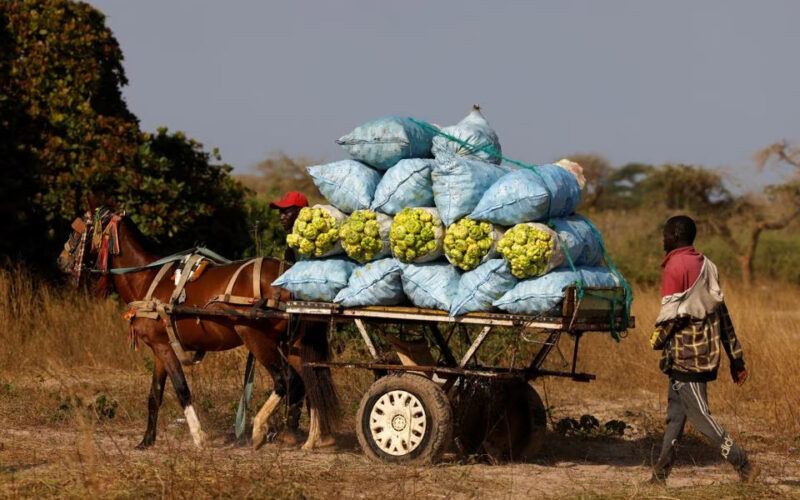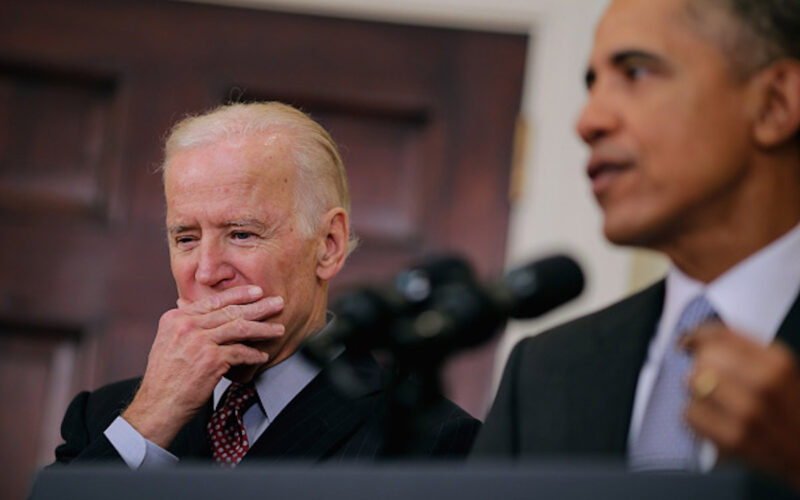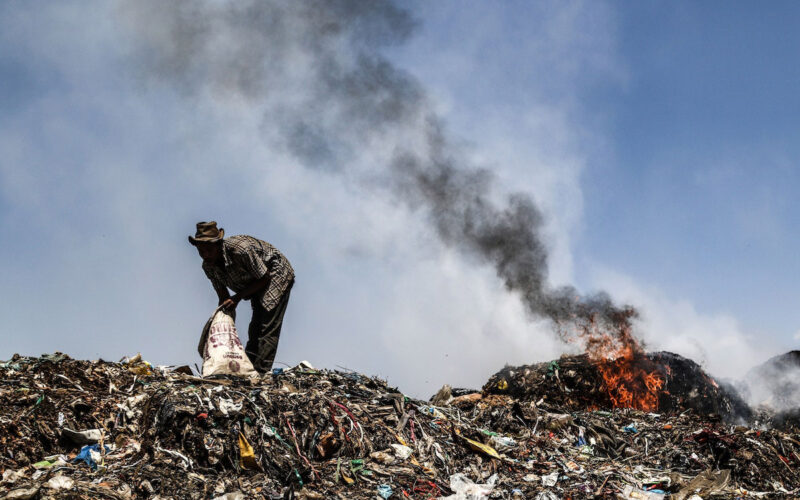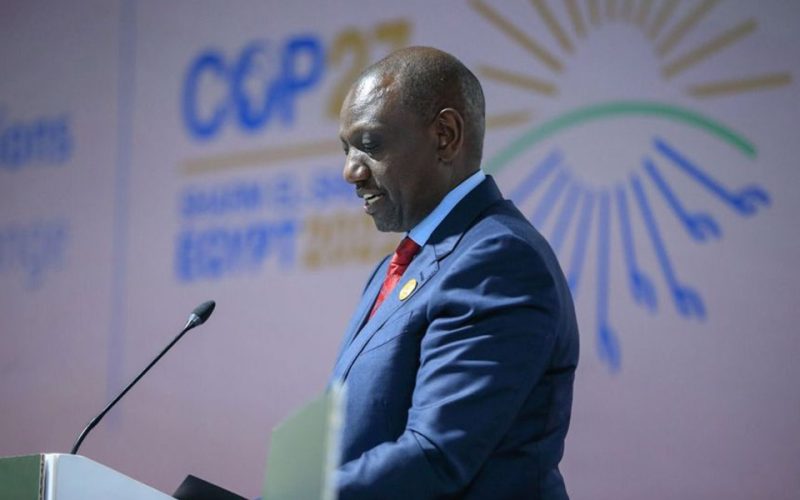
$30-billion plan to help Africa feed itself
BATE FELIX DEVELOPMENT partners have committed $30 billion to boost food production in Africa over the next five years, the president of the African Development Bank said on Friday at the close of a summit on food security on the continent. The continent is facing its worst food crisis ever, with more than one in five Africans – a record 278 million people – facing hunger, according to United Nations estimates. A major theme of the three-day summit in the Senegalese capital Dakar was that African countries need to boost their food production capacity rather than relying on imports that have left them…




